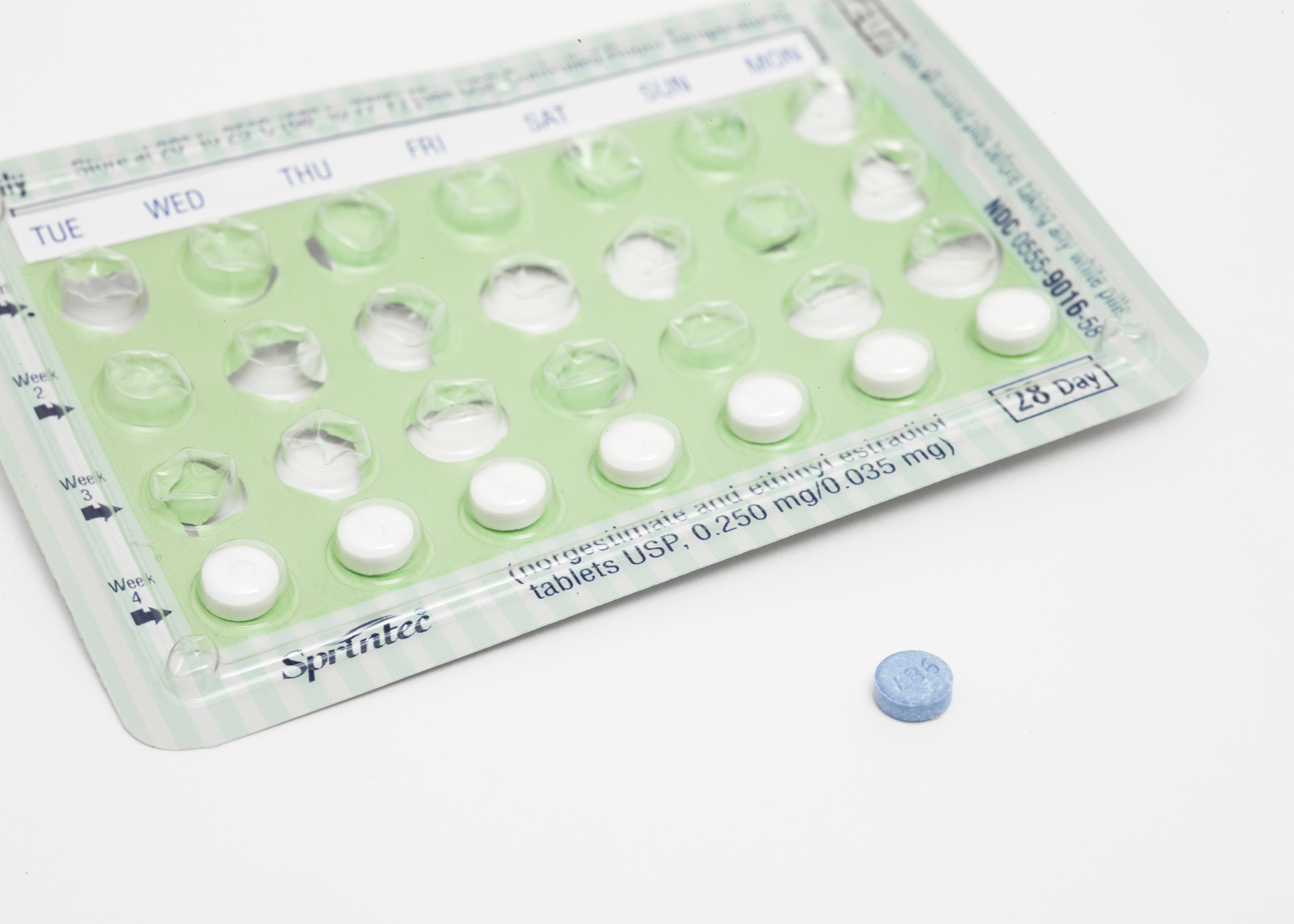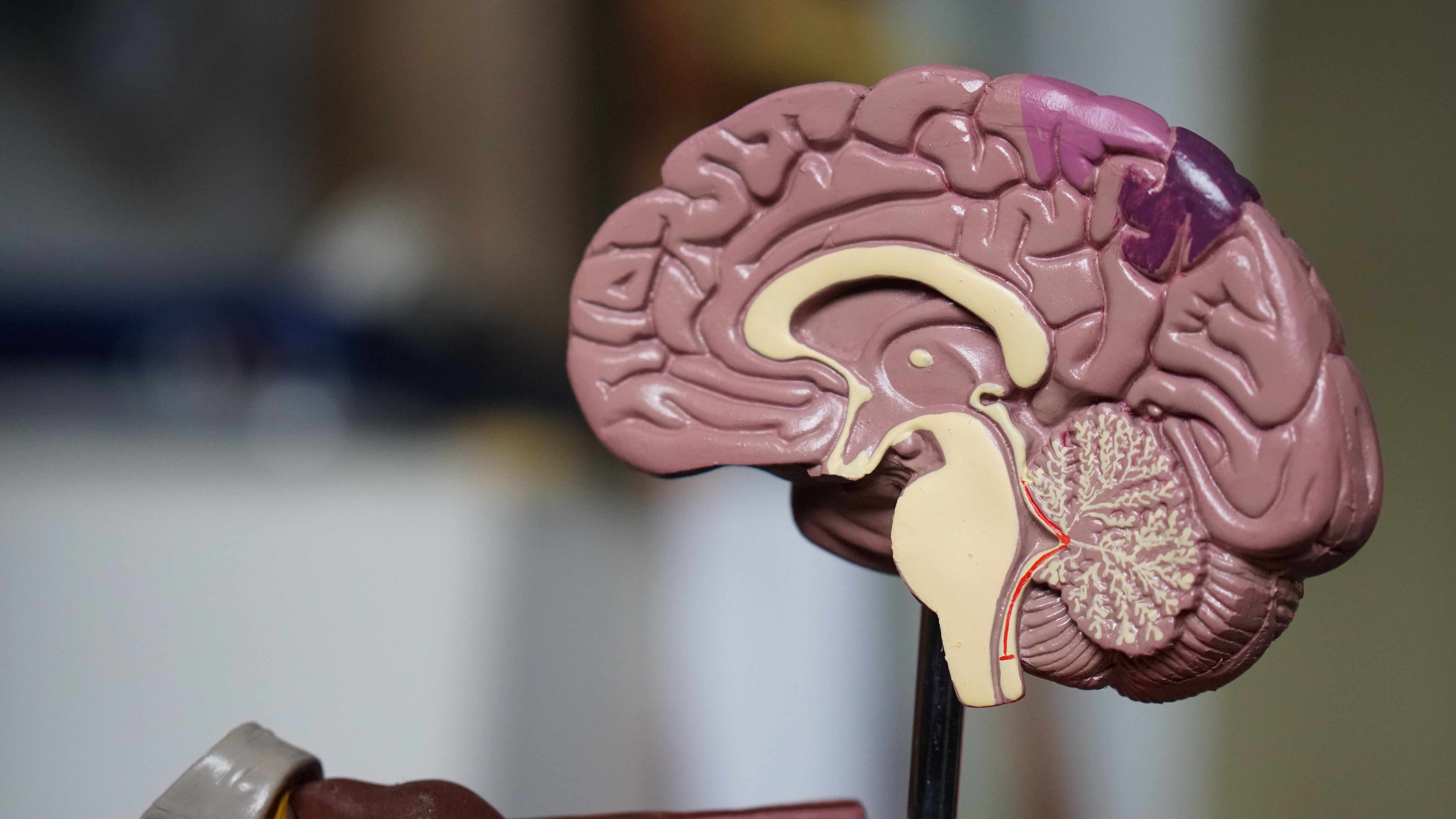Testosterone replacement therapy has increased dramatically in the past 5 years. You might have noticed a growing awareness and a huge increase in advertisement. With this many doctors are being asked to check testosterone levels but they may not be fully trained on  how to monitor, dose, and advise patients on this treatment. To date almost all the research on testosterone therapy points to this treatment being extremely safe when monitored and dosed properly. A study published in the Journal American Medical Association (JAMA) this month, called this safety into question, however. Yet the safety likely has more to do with how this treatment is delivered and monitored rather than the safety of this medication in general.
how to monitor, dose, and advise patients on this treatment. To date almost all the research on testosterone therapy points to this treatment being extremely safe when monitored and dosed properly. A study published in the Journal American Medical Association (JAMA) this month, called this safety into question, however. Yet the safety likely has more to do with how this treatment is delivered and monitored rather than the safety of this medication in general.
The study titled "Association of Testosterone Therapy With Mortality, Myocardial Infarction, and Stroke in Men With Low Testosterone Levels" was a retrospective study and looked at about 9000 patients. Only about 1/4 received testosterone therapy and all had some known history of cardiovascular disease prior to starting. The study found that of the approximate 1200 patients receiving testosterone 25.7% had cardiovascular events. Of the close to 7500 not receiving testosterone therapy, 19.9% had cardiovascular events. This difference is statistically significant but lets look a little closer at how the therapy was implemented and monitored.
Testosterone therapy how much should you be on?
In the study the men were given testosterone patches which are pretty much not used anymore since they do not deliver optimal levels of testosterone. Moreover nearly 40% of the "testosterone therapy" patients included did not have follow up testing on their testosterone. So we don't know if they were actually taking it. We also don't know if the dose they were taking increased their level to above where they were prior to starting or increased it too much.
In my clinical experience testing is the biggest thing that is going to lead to optimal results over time. Some men that are tested on 4-6 week follow up have lower levels than when they started. Other men will be well above the normal range. Both of these are easily corrected by titrating the dose up or tapering the dose back. The point being, if these men were not monitoring their levels, we can conclude very little about their testosterone use and cardiovascular risks.
Testosterone therapy, what should your level actually be?
A good portion of the men receiving this therapy had serum total testosterone levels in the 300's mg/dl (remember these are the other portion that actually was measured). While this is within the reference range, it is still below what we consider to be normal and well below what is considered optimal. In fact a study in the Journal of American College of Cardiology showed that men with levels in the 600's had reduced risk of cardiovascular. This study is contrary to the recent study but they have an actual hard measure of the testosterone levels. This again emphasizes the need for ongoing monitoring to ensure optimal levels of both serum and free testosterone.
With this research in mind it seems that serum levels between 600-1000 ng/ml are what we should be looking to achieve with free testosterone levels around 15-25 ng/ml.
Testosterone therapy, what other things should be monitored while on this treatment?
A good practice to follow when on testosterone replacement therapy is to monitor for hemoglobin and hematocrit as well as estradiol levels. Research suggests when these levels are too high, there can be increased risk of cardiovascular disease. This study did not check or monitor for either.
Testosterone Therapy- Is there an increased CVD Risk?
The short answer is, probably not when monitored and administered properly. The long answer is we don't know yet because there have been too few good double blind trials to answer this question. What we do know is we should not draw too many conclusions from this recent study as it does not inform us on outcomes related to properly executed testosterone replacement therapy. While it does raise some possible concerns about this treatment, it falls short from inadequate data gathering.
If you have questions about your testosterone replacement therapy, dosage, monitoring, or possible adverse effects, click on the link below for a free consultation or call us.
 "My weight was getting so out of control. I started their weigh loss diet program and lost 32 lbs! I have been able to reduce my blood pressure medicine, fit back in my clothes, have tons more energy... Now I am back to eating and my desire for foods has changes drastically. Saved my life!!!
"My weight was getting so out of control. I started their weigh loss diet program and lost 32 lbs! I have been able to reduce my blood pressure medicine, fit back in my clothes, have tons more energy... Now I am back to eating and my desire for foods has changes drastically. Saved my life!!!
 "Dr. Cline and Dr. Terranella have been amazing! For the first time we found doctors that actually listen. They care about how your feeling and try everything they can to get you back to a normal state. I am in love with these guys! If you want amazing care, see these guys."
"Dr. Cline and Dr. Terranella have been amazing! For the first time we found doctors that actually listen. They care about how your feeling and try everything they can to get you back to a normal state. I am in love with these guys! If you want amazing care, see these guys."





 how to monitor, dose, and advise patients on this treatment. To date almost all the research on testosterone therapy points to this treatment being extremely safe when monitored and dosed properly. A study published in the Journal American Medical Association (JAMA) this month, called this safety into question, however. Yet the safety likely has more to do with how this treatment is delivered and monitored rather than the safety of this medication in general.
how to monitor, dose, and advise patients on this treatment. To date almost all the research on testosterone therapy points to this treatment being extremely safe when monitored and dosed properly. A study published in the Journal American Medical Association (JAMA) this month, called this safety into question, however. Yet the safety likely has more to do with how this treatment is delivered and monitored rather than the safety of this medication in general. 










